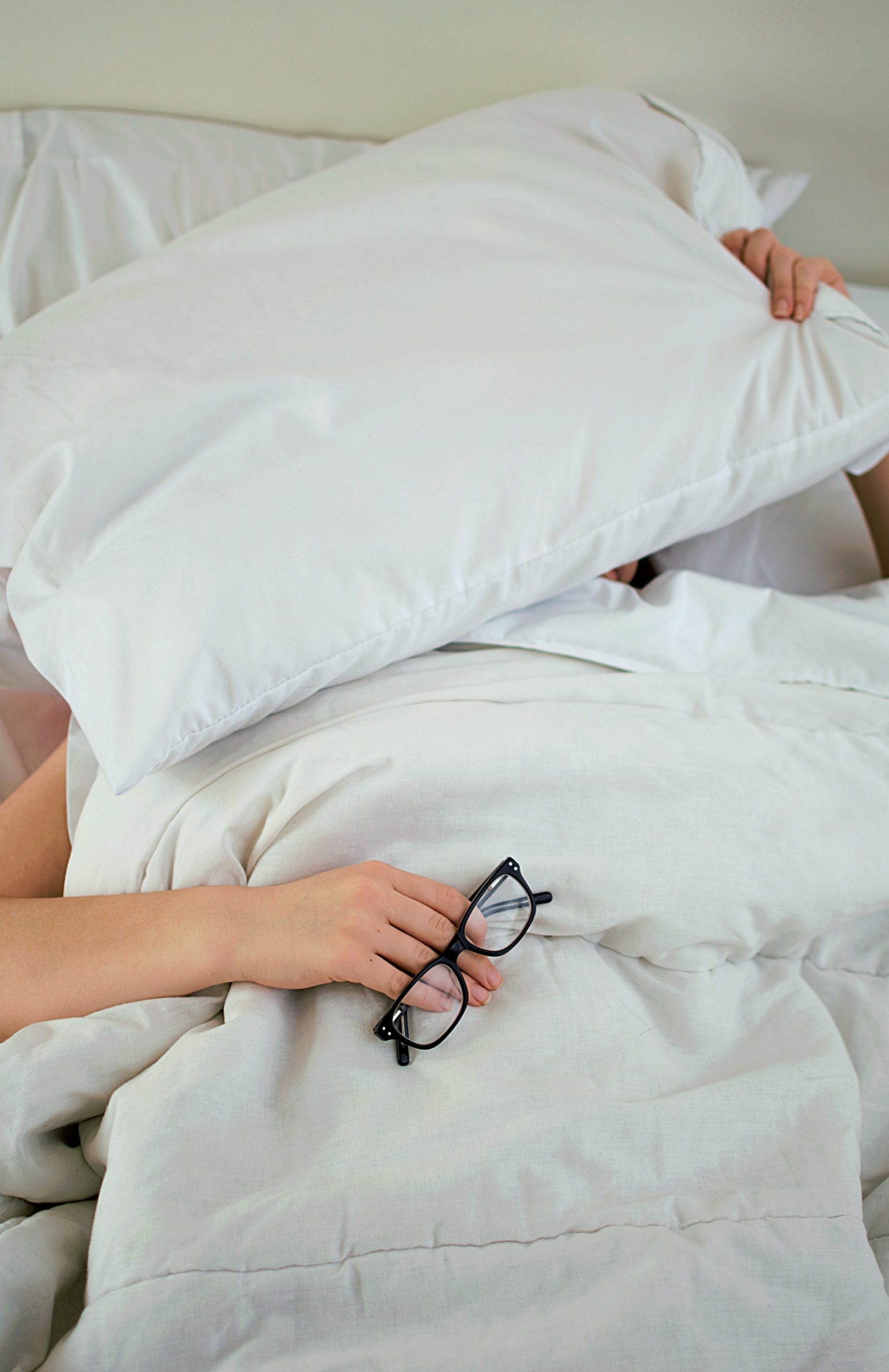
We are a reader-supported education publication. When you buy through links on our site, we may earn an affiliate commission to help us keep providing content.
You might be used to staying up late, but the minimum hours of sleep for a college student to get per night is seven. In fact, sleeping up to nine hours per night is normal for healthy adults aged 18 to 60. It’s time to rethink your nightly routine.
The Importance of Sleep
A 2022 survey found that 33% of US adults rated the quality of their last night’s sleep as fair or poor. However, that number nearly doubles for college students, with 60% reporting poor sleep on a consistent basis. You’ve probably heard time and time again that getting seven to nine hours of sleep is an important aspect of an adult’s health. But how, exactly, does it affect your body?
It Improves Your Cognition and Memory
Getting a full night’s rest boosts your attention span, working memory, episodic memory and test-taking skills. In fact, the effect is so extreme that staying awake for 17 hours is comparable to having a blood alcohol concentration of 0.05%, which would put you above the legal limit to drive.
It Improves Your Appearance
The phrase “beauty rest” isn’t just a figure of speech. Getting adequate sleep actually affects your appearance. If you don’t sleep well, you’re more likely to develop wrinkles, dark circles under your eyes and droopy eyelids. One study found that getting three hours of sleep per night reduced skin hydration and elasticity, and it even changed the pH of people’s skin.
It Makes You Happier
This fact probably doesn’t come as a surprise, but getting a full night’s rest improves life satisfaction. It reduces depression, anxiety, tension and irritability. Plus, performing better at school and work is likely to boost your mood overall.

How to Get Better Sleep
Now that you know how important it is, here’s how to get that minimum seven hours of sleep a college student needs — and maybe a little more.

- Exercise early in the day rather than close to bedtime.
- Eat a balanced dinner with protein, healthy fat and long-acting carbohydrates to keep your blood sugar stable all night. This will help reduce your tendency to want a midnight snack.
- Shut off your phone or TV one to two hours before hitting the sack. Blue light can disrupt your circadian rhythm, leading your brain to think it’s time to wake up. Plus, scrolling through the comments on YouTube isn’t exactly relaxing.
- Turn down the AC. Many people sleep best at temperatures between 60 to 67 degrees Fahrenheit, but you can experiment to see what works best for you.
- Drink a soothing herbal tea like chamomile or lavender. Just make sure not to drink it too close to bedtime so you won’t wake up to use the bathroom.
- Take a hot shower or relaxing bubble bath.
Minimum Hours of Sleep for a College Student
The minimum hours of sleep for a college student to get, assuming you’re between the ages of 18 and 60, is seven. Any less and you risk developing health problems like depression, diabetes, high blood pressure and obesity.
A good night’s sleep does more than just boost your mood and performance the next day. So, next time you’re tempted to pull an all-night cram session before a test, remember that sleep really is the best medicine — and you need your nightly dose.









